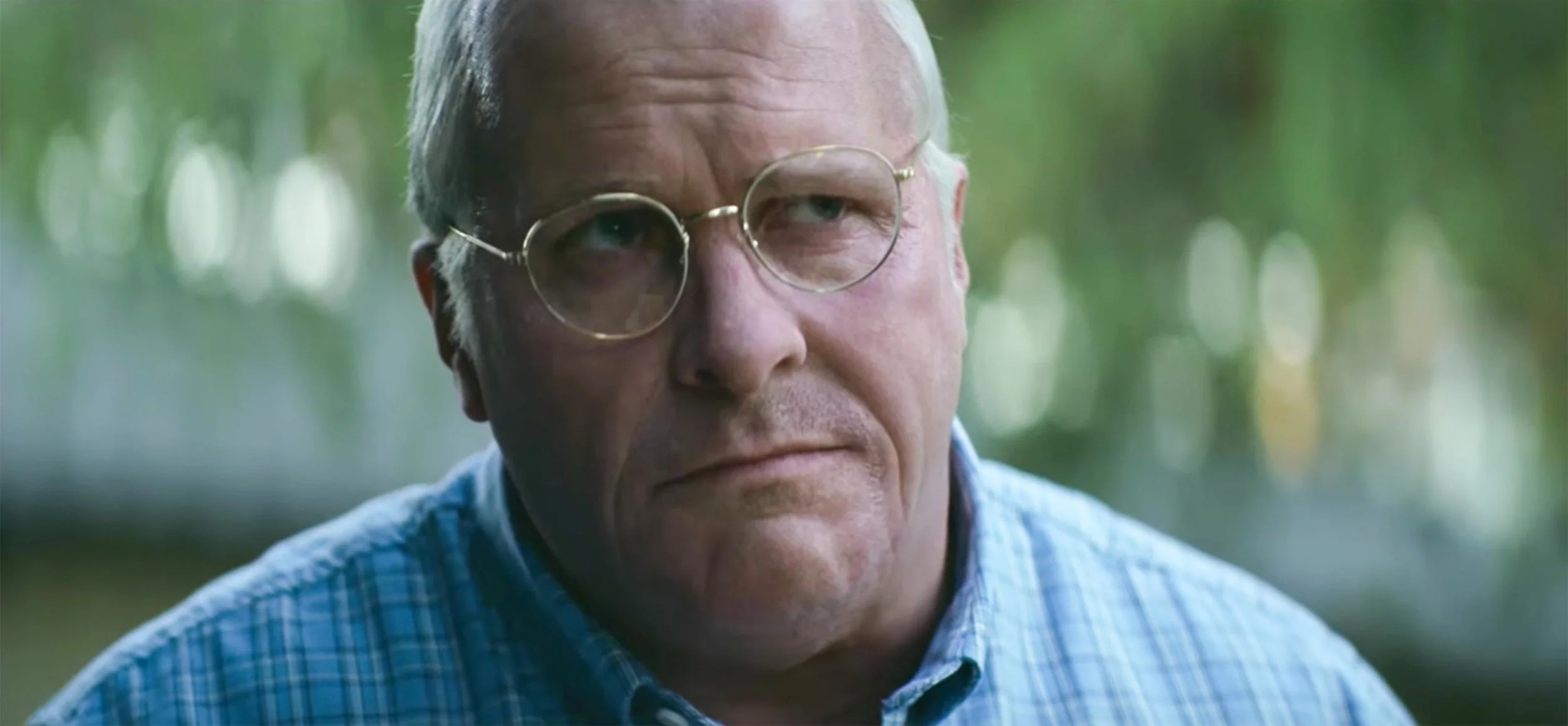Characters describing their dreams is a prominent part of Kinds of Kindness, Yorgos Lanthimos’s latest exercise in batshit what-the-fuckery. This salient feature of the picture – which the director cowrote with longtime collaborator Efthimis Filippou – is so striking because to describe the movie itself is like telling someone upon waking about a series of dreams you had during the previous night. In Kinds of Kindness, Lanthimos, the crown prince of Greek Weird Wave cinema, has crafted a movie that makes his last effort, the befuddling Poor Things, look like a classical Hollywood musical by comparison.
Viewing entries tagged
Jesse Plemons
How many masterpieces can one person produce? We may never know, but iconic filmmaker – and elder statesman of cinema – Martin Scorsese seems determined to find out before he’s finished behind the camera. After the likes of Taxi Driver, Raging Bull, The Last Temptation of Christ, Goodfellas, and at least five other pictures that deserve consideration as masterpieces, Scorsese has done it again.
Killers of the Flower Moon is a sprawling, ambitious, deeply moving mashup of the director’s beloved gangster genre and his first Western, which wrestles with American sins that a not-insignificant portion of our population would like to bury and ignore forever.
In The Power of the Dog, New Zealand director Jane Campion has crafted a searing examination of masculinity and the societal expectations that come along with that word, all set against a stunning western landscape. When, in voiceover narration, a character asks in the opening seconds of the film, “For what kind of man would I be if I did not help my mother? If I did not save her,” he’s asking the central question of the film. What kind of men does our society produce, and why?
Judas and the Black Messiah is like a drink of water after days in the desert. It exists and was made to upend the kind of fascistic patriotism that demagogues like Donald Trump and the recently departed Rush Limbaugh wallow in like so many pigs in shit. While their ilk pushes a cretinous version of history that worships power and the violence that flows from that power, truth-tellers like director Shaka King and screenwriters Will Berson and the Lucas brothers are making art that exposes state-sanctioned terror.
King has also made a riveting morality tale about loyalty and betrayal within a revolutionary movement. His picture is incendiary and features performances from two of the best actors working today, Daniel Kaluuya and Lakeith Stanfield. Kaluuya and Stanfield’s performances couldn’t be more different, but they are both wonders to behold, each in their own way.
Not since Darren Aronofsky’s mother! in 2017 has a movie so successfully and hauntingly evoked an oneiric state as Charlie Kaufman’s fever dream vision I’m Thinking of Ending Things. If I were a more clever writer, I might invent a Kaufmanesque conversation between the two filmmakers, in which Aronofsky calls to praise Kaufman’s idiosyncratic and disturbing new work of art. Since I’m not that clever, you’ll have to settle for a more standard review in which I praise Kaufman’s unique vision while also wrestling with a few of the picture’s shortcomings.
With his longest film to date, Martin Scorsese’s three-and-a-half-hour crime saga The Irishman allows the legendary director room to stretch his creative talents in ways we’ve never seen, even from masterpieces like Goodfellas and The Last Temptation of Christ. You can feel in every frame the mastery over the art form that the nearly-octogenarian Scorsese commands from his half-century of making movies. The film also aches with a sense of remorse and regret which comes from its subject, mafia hitman Frank “The Irishman” Sheeran. Scorsese has always been interested in exploring the wages of his characters’ sins, but that’s even more acute here in The Irishman.
Both Paul and Gilligan do justice to the character and to Breaking Bad with El Camino. My only gripe with the film is that it doesn’t look particularly cinematic (which really stood out since I saw it in a theatrical exhibition setting). It looks – and mostly plays – like an extended episode of Breaking Bad, but when you’re talking about one of the best shows ever created, that’s hardly a complaint.
We all have that acquaintance, friend, or family member who use their Facebook profile solely to antagonize members of their social circle whom they consider their political enemies. These are almost always people who would never do the same thing in a face to face setting. They like to “start shit,” but from the safety of their phone. These people are a shade different from what are popularly known as internet trolls, because they believe in the opinions they’re expressing, so it’s not 100% about getting under their target’s skin. It’s only 75% about that. Vice, Adam McKay’s inflammatory, obnoxious biopic about Dick Cheney, arguably the most destructive vice president in American history, is the cinematic equivalent of these true-believer assholes.








